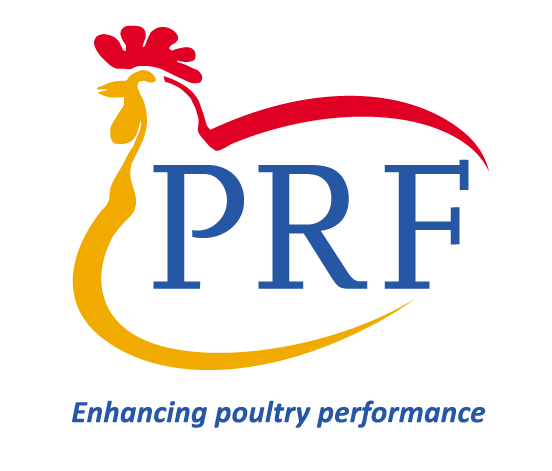Major Challenges Facing the Poultry Industry Over the Next Two Decades and Beyond Pt. 2
By Mingan Choct

In our last issue, I touched on the three key challenges identified as: people, collaboration and communication, and elaborated on the No. 1 Challenge, that is people. In this Issue, I will discuss the No. 2 Challenge, i.e., collaboration.
It is easy to label something “collaboration” but the collaboration our Think Tank Meeting talked about is the type that is genuine and mature, focusing on give to get and share to succeed; the type where one plus one equals more than two. The extra bits resulting from the collaboration benefit the entire network and they cannot be obtained without collaboration; it can be know-how that solves the issues of the day; it can be new ideas that lead to the next major scientific breakthrough or industry transformation.
Regrettably, we are seeing more barriers to collaboration than ever before. Firstly, people mistake information exchanges as collaboration. If you ask anyone in the street about collaboration, they will say, “yeah, the internet has made collaboration a lot easier”. Indeed we are living in a most connected world but many people are leading a lonely life. Our lives are full of information, not necessarily knowledge as we spend more and more time on things that are outside our work mandate. We are so busy today that we do not even have time to ring a colleague because it is much easier to send a text that controls the time we spend on it. So, in-depth conversation over the phone is almost a thing of the past. Then we send email messages to colleagues which often fall on deaf ears because most people do not have the attention span to read long-winded email messages, which are only for information these days.
Secondly, the over-obsession with IP driven by risk-averse organisations and the “my billion-dollar idea” mentality engraved in the brains of some researchers mean that open and transparent dialogues among colleagues have become rare, let alone spontaneous sharing of thoughts among colleagues. Considering only a very small percentage of research outcomes (1-3%) in public sector organisations leads to commercialisation, it is astounding how much opportunity for collaboration is lost in the name of IP protection!
Thirdly, in a post-Covid world, virtual meetings have become a commonplace and many bosses now think that virtual meetings will achieve the same thing whilst saving time and money. This, of course, is not entirely accurate because virtual meetings miss many of the dimensions of human interaction. Again it is not easy to have spontaneous sharing of thoughts, leading to fruitful collaboration. There are many other barriers such as costs of living pressure, physical isolation and infrastructure deficiencies.
For the poultry industry, the industry and researchers need to talk in one voice to increase the visibility of the poultry industry and share ideas, facilities and expertise. This is because due to our dwindling research workforce, no single institution has the full complement of expertise, facilities, financial prowess and advocacy capability to raise the profile of the industry and communicate the needs for research, development and education. This is easier said than done as it requires skilful leaders who are open, inclusive, fair, honest, magnanimous and humble. They should also be dedicated and well-respected. Genuine collaboration takes time and a lot of effort to mature when all parties are willing to go the extra mile to share and strengthen every element of the network without reverting back to their own organisations self-interest.
In addition, it is obvious that the workforce required to run future agricultural operations will be very different to what it is today. Training the future workforce to understand and prepare for what is coming, such as the impact and proper deployment of AI, will require a much broader collaboration network spanning across different industries and fields. Such a collaborative network will be able to leverage skills, expertise, people and funding not foreseeable in the poultry industry alone. The effort required to such collaboration will be harder than a single industry-based collaboration.
Regards, Mingan
Latest news
Our events
- Final Chance to Register for APSS 2026 – Less than 3 Weeks Away!With just under 3 weeks until APSS 2026, now is your last opportunity to finalise your registration for this year’s premier poultry science event.
Connect with us:


